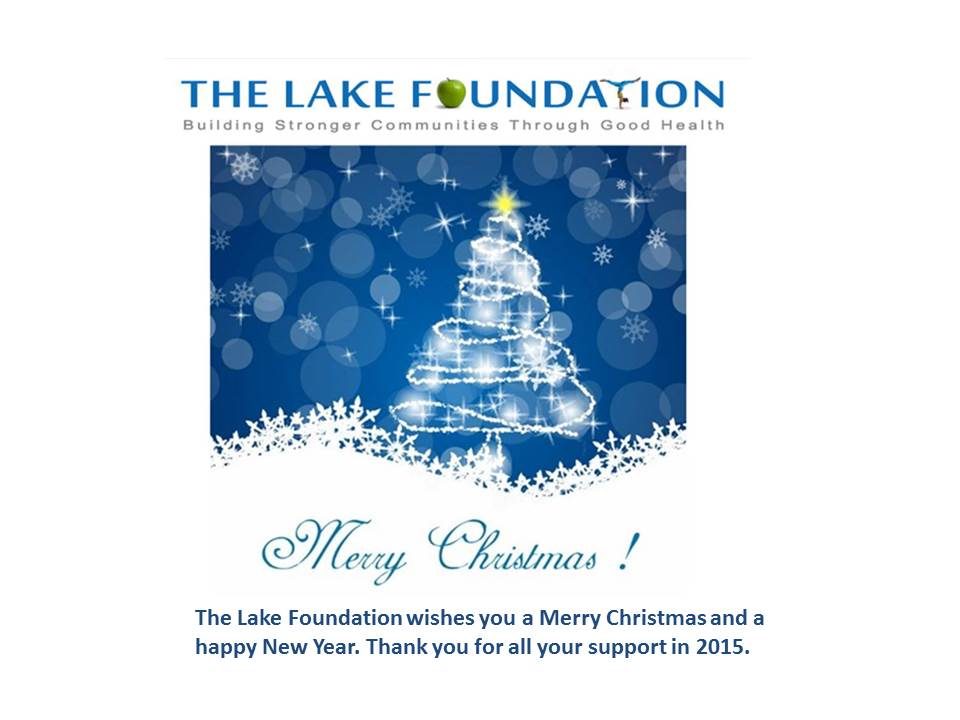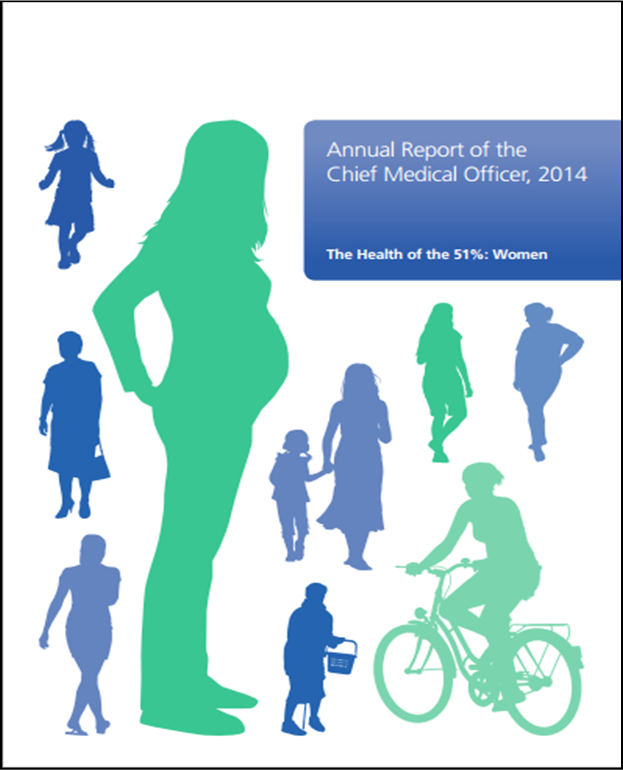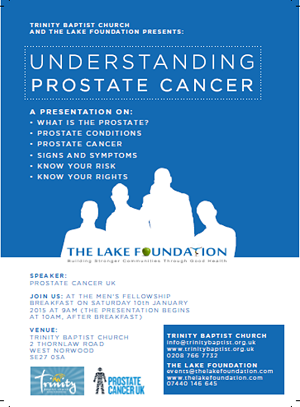We get a lot of questions about natural ways of treating and managing fibroids and in this week’s blog post we take a look at what the research tells us about the effectiveness of complementary medicine in treating the symptoms of fibroids.
Fibroids are non-cancerous growths that develop in or around a woman’s womb. They can cause a number of symptoms including pelvic (tummy) pain, infertility, heavy and/or painful periods, back pain, anaemia, constipation, frequent urination and pain during sexual intercourse.
The exact cause of fibroids is unknown but research does suggest that fibroids are caused by a combination of genetic, lifestyle and hormonal factors. Those most at risk of developing fibroids are: black women, those who are overweight, women of child bearing age (particularly women who are 25-45 years old), those with a family history of fibroids and women who haven’t given birth.
There are several treatment options for fibroids these include a hysterectomy, myomectomy, embolization, endometrial ablation and new MRI-based treatments. Some of these treatments such as a hysterectomy and endometrial ablation result in infertility and because of this as well as unease with medical procedures, many women are exploring less invasive more “natural” options for managing their fibroids, but are these effective. What does research tells us about “natural” methods, more formally known as complementary and alternative medicine (CAM), for treating fibroids?
What Does the Research Tells Us?
To explore this area we’ll look at one recent research paper which was published in 2014 in the European Journal of Obstetrics & Gynaecology and Reproductive Biology and is entitled ‘Use of Medicine, Surgical and Complementary Treatments among Women with Fibroids’. This paper summarised a study of 933 premenopausal women aged 31 to 54 with symptomatic fibroids. In this study women took part in face-to-face interviews every year for up to eight years to assess their symptoms following use of the treatment they opted for.
Researchers explored and compared the effect of CAM, Western Medicine and uterus-preserving surgeries. They classified CAM as the use of exercise, herbs, diet, acupuncture and physical therapy; Western medicine included hormonal contraception, analgesics and narcotic pain medicine; and uterus-preserving surgeries included myomectomy, embolization and endometrial ablation.
The majority of women in this study, 57%, didn’t have a hysterectomy or uterus-preserving surgery. The majority of these women used Western medicine to treat their symptoms and the most commonly used type of Western medicine used was anti-inflammatory analgesics followed by narcotic pain medicine. Fifty percent of women who used the anti-inflammatories said it made their symptoms “a lot” better, but 10% were bothered “a lot” or “some” by the side effects. For women who used narcotics, 60% said it made their symptoms “a lot” better but 30% were bothered “a lot” or “some” by the side effects. Fifty-five percent of women who used the combined hormonal contraception said it made them feel “a lot” better, but 22% were bothered “a lot” or “some” by the side effects. Finally, the progestin IUD was the most effective with 71% of women who used it saying it made them feel “a lot” better, but 24% were bothered by the side effects.
CAM was used by a significant number of women to treat their fibroid-related symptoms. The most common methods used were exercise, herbs and diet. Improvements in symptoms were lower than that observed for Western medicine with 39% of women trying exercise, 38% of women trying herbs, 43% of those trying dietary changes, 45% trying acupuncture and 41% trying physical therapy saying it made their symptoms “a lot” better, and as expected bothersome side effects were rare, less than 5% in all CAM therapies.
When looking at surgery, women who underwent uterus-preserving surgery had a greater improvement of pelvic symptoms compared to women who used Western medicine or CAM, but the researchers noted that despite this observation women who used Western medicine or CAM“observed significant improvements in pelvic problems as well as dyspareunia (pain during sex), pelvic pressure, bladder pain and menstrual cramps.”
In explaining how CAM works in improving symptoms, it was stated that some foods, vitamins and minerals can decrease the production of prostaglandins which cause a number of fibroids-related symptoms.
Based on their finding the researchers concluded that “uterus-preserving fibroid surgery is effective, but many symptomatic women can be successfully treated with non-surgical management, including complementary and alternative therapy”
From this research study we can see that diet, exercise, acupuncture, herbs and physical therapy may be effective in some women at treating fibroid-related symptoms. Women wanting to explore any of these as an option should have a discussion with their doctor.
We do recognise that what’s missing from this study is the detail around what herbs and dietary changes women tried and we’ll be contacting the researchers to get some more information about this.
You can read the full paper by downloading it below.
















